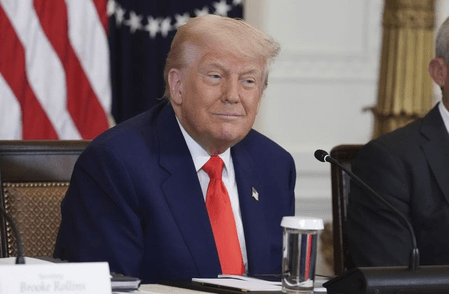
US commentators slam Trump’s trade policy toward India as counterproductive
US media outlets are increasingly highlighting the unintended consequences of President Donald Trump’s tariff policy toward India, warning that the move may be backfiring both economically and strategically.
The Wall Street Journal reported that Trump’s decision to impose tariffs on Indian imports in retaliation for New Delhi’s purchase of Russian oil initially unsettled buyers. Indian refiners briefly shifted toward Middle Eastern suppliers. However, Moscow countered by further discounting its crude, ensuring Indian demand bounced back quickly.
“New Delhi also gave the green light for the purchases to continue, so flows are returning to normal,” analyst Carol Ryan wrote. She noted that the tariffs have effectively lowered the cost of Russian oil for India, with Urals crude now $1 cheaper per barrel than before Washington’s sanctions threats.
Meanwhile, conservative commentator Ben Shapiro sharply criticized the White House’s trade approach during an appearance on The Megyn Kelly Show. Taking aim at Senior Advisor Peter Navarro, Shapiro said: “If you do the opposite of what Peter Navarro is saying, then you’re going to do well.” He argued that Washington is offering “a lot of sticks and not enough carrots” in its dealings with India.
Shapiro also stressed India’s strategic importance: “We do more military exercises with India than with NATO. If you see them move into China’s camp, that will upend the geopolitical order.”
Adding to the debate, The Economist linked Trump’s trade offensive to shifting global alliances, pointing to Prime Minister Narendra Modi’s participation in the Shanghai Cooperation Organization (SCO) summit in China. The magazine described it as a sign of India’s “tilt toward Beijing” amid rising anti-US sentiment.